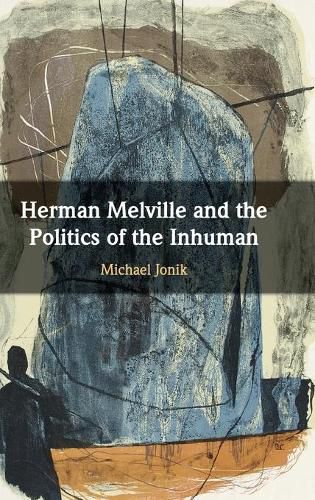Readings Newsletter
Become a Readings Member to make your shopping experience even easier.
Sign in or sign up for free!
You’re not far away from qualifying for FREE standard shipping within Australia
You’ve qualified for FREE standard shipping within Australia
The cart is loading…






Studies of the writing of Herman Melville are often divided among those that address his political, historical, or biographical dimensions and those that offer creative theoretical readings of his texts. In Herman Melville and the Politics of the Inhuman, Michael Jonik offers a series of nuanced and ambitious philosophical readings of Melville that unite these varied approaches. Through a careful reconstruction of Melville’s interaction with philosophy, Jonik argues that Melville develops a notion of the ‘inhuman’ after Spinoza’s radically non-anthropocentric and relational thought. Melville’s own political philosophy, in turn, actively disassembles differences between humans and nonhumans, and the animate and inanimate. Jonik has us rethink not only how we read Melville, but also how we understand our deeply inhuman condition.
$9.00 standard shipping within Australia
FREE standard shipping within Australia for orders over $100.00
Express & International shipping calculated at checkout
Studies of the writing of Herman Melville are often divided among those that address his political, historical, or biographical dimensions and those that offer creative theoretical readings of his texts. In Herman Melville and the Politics of the Inhuman, Michael Jonik offers a series of nuanced and ambitious philosophical readings of Melville that unite these varied approaches. Through a careful reconstruction of Melville’s interaction with philosophy, Jonik argues that Melville develops a notion of the ‘inhuman’ after Spinoza’s radically non-anthropocentric and relational thought. Melville’s own political philosophy, in turn, actively disassembles differences between humans and nonhumans, and the animate and inanimate. Jonik has us rethink not only how we read Melville, but also how we understand our deeply inhuman condition.